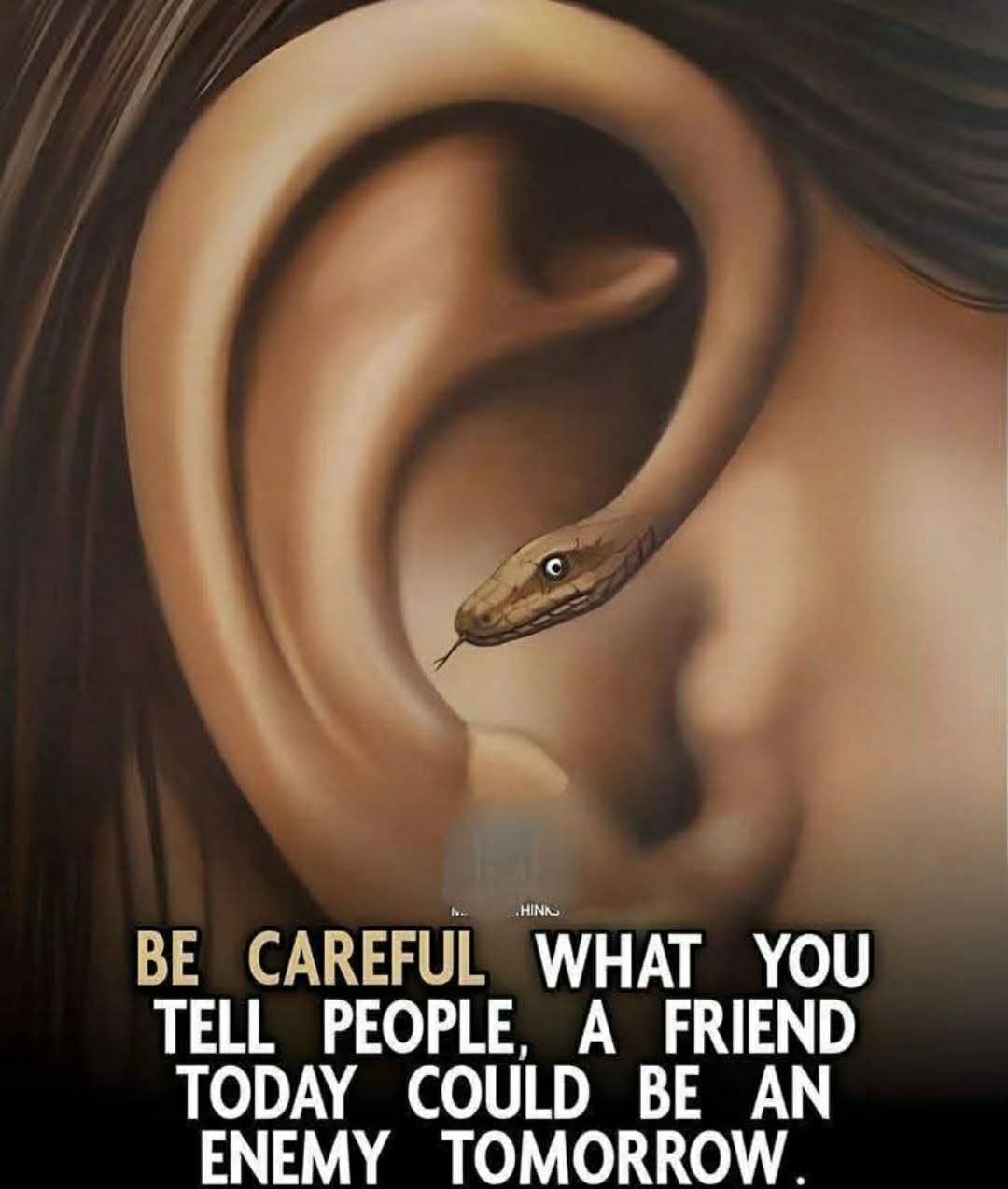
We live in an age where boredom feels like a crime. Every moment of silence gets filled with scrolling, tapping, swiping, consuming. We binge-watch Netflix while checking emails, listen to podcasts while cooking, and reply to texts mid-conversation. Boredom, once a natural part of everyday life, is now the enemy. But what if we’ve been running from a hidden genius all along? What if boredom isn’t a void—but a portal?
For generations, we’ve believed that being busy is the key to success. “Stay productive,” they say. But some of history’s greatest minds had their breakthroughs not during moments of relentless focus—but during walks, daydreams, and long silences. Newton was sitting under a tree. Einstein imagined riding a beam of light. J.K. Rowling came up with Harry Potter while waiting for a delayed train. These weren’t hyper-productive power hours—they were quiet, uneventful pockets of stillness. Boredom, it turns out, was the gateway.
Psychologists have studied this phenomenon closely. In one landmark study published in the journal Academy of Management Discoveries, participants who were assigned a boring task—like copying phone numbers from a directory—actually performed better on subsequent creative tasks compared to those who didn’t. Why? Because boredom forced their minds to wander. It pushed them inward, into the subconscious, where connections form without logic, and ideas bloom without effort. That wandering is where magic happens.
Your brain, when bored, shifts into a state known as the “default mode network.” This is the same brain mode linked to memory consolidation, introspection, mental time travel, and—you guessed it—creative thinking. In this mode, you’re not focused on anything specific. Instead, you’re free-associating, drifting between thoughts and possibilities. It’s mental composting: nothing exciting is happening, but beneath the surface, something vital is growing.
And here’s the paradox. While boredom feels dull, it actually sparks the craving for novelty. When you’re bored, your brain starts looking for new patterns, ideas, or stimuli to entertain itself. It starts connecting dots between seemingly unrelated things. That’s the core of creativity—novel connections. Boredom doesn’t shut your brain down; it redirects it to new terrain.
But creativity born from boredom isn’t just for writers and artists. It’s for everyone. Parents come up with better games for their kids. Entrepreneurs discover new angles for their business. Employees rethink old routines. Even relationships grow deeper when people can sit in silence and not be afraid of it. Boredom gives room for reflection, and reflection births growth.
The problem today isn’t a lack of talent or intelligence. It’s overstimulation. When we constantly consume information, we never give our brain the chance to digest it. It’s like eating all day without ever letting your stomach process. Creativity isn’t about having more input—it’s about giving space for output. And sometimes, that means sitting in the quiet discomfort of nothingness.
So the next time you’re tempted to grab your phone during a lull, don’t. Sit with the boredom. Let it fester. Let your thoughts drift. Let your mind wander past the to-do lists and Instagram reels. You might find yourself stumbling into an idea that changes your week—or your life.
Embracing boredom is a radical act in a noisy world. It’s a rebellion against the myth that more stimulation equals more success. In reality, the most profound ideas often come not when we’re chasing them—but when we let go and float in the silence.
Creativity isn’t a switch you flip. It’s a garden you let grow. And boredom? That’s the rain



